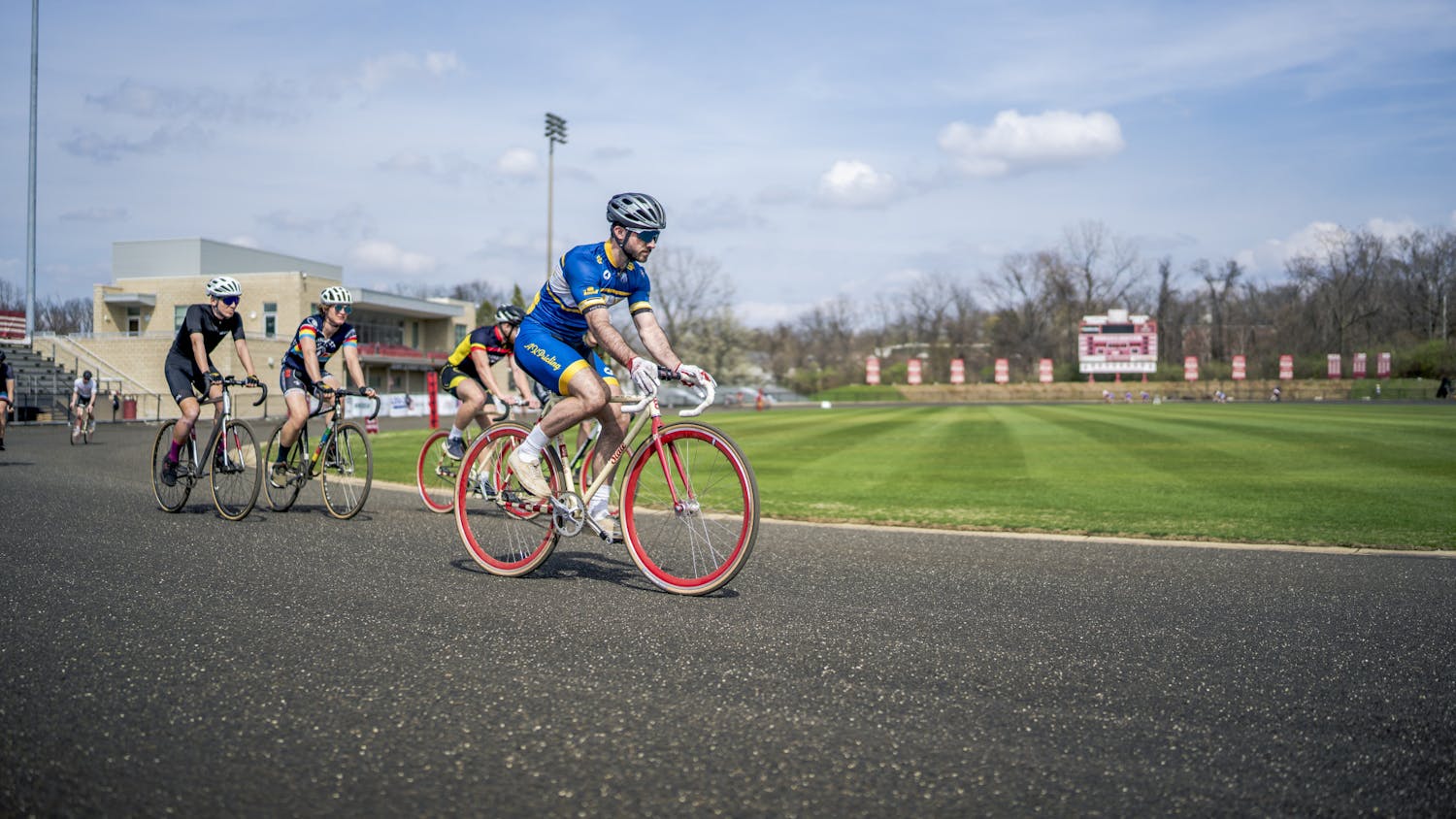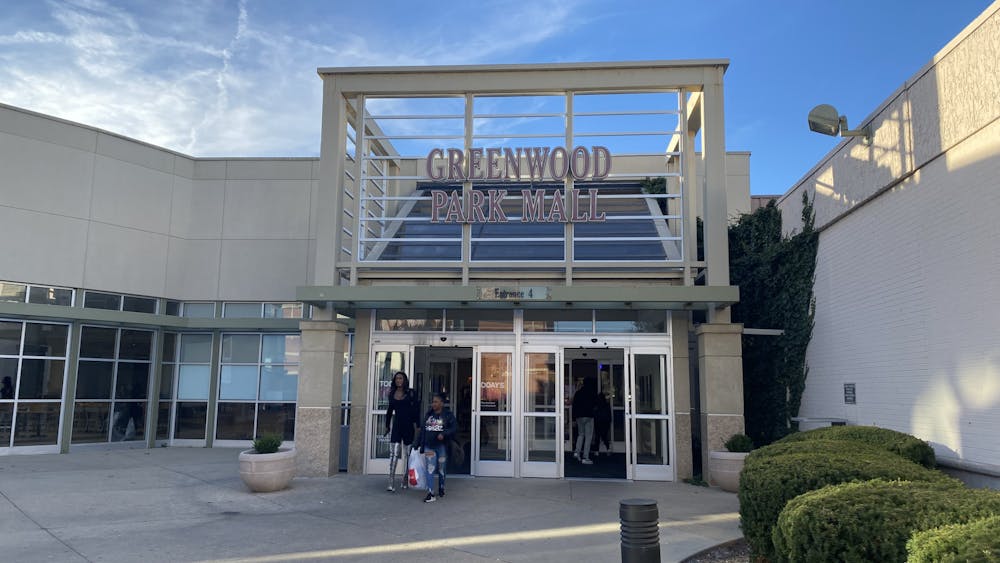Indiana University is the alma mater of many iconic and influential students. But two of the most important people to walk this campus left their legacy a century ago.
Indiana removed a prohibition from its Constitution in the 1870s, allowing African Americans the right to an education. Not long after, they began to attend college.
Marcellus Neal and Frances Marshall were the first African Americans to receive a degree from IU.
The pair faced a major struggle with the issue of housing. At the time, they were forbidden from living and eating on campus or going into the Indiana Memorial Union.
“They had to find housing in the community with people in the black churches,” said Sachiko Higgins-Kante, administrative assistant of the Neal-Marshall Black
Culture Center.
Neal and Marshall faced many hardships students today take for granted.
“They had to find a community within themselves, support themselves, uplift each other and encourage each other to even go on and finish school,” Higgins-Kante said. “Even with study sessions, they would give each other tips on how to do things and how to let each other know that they could make it.”
Neal graduated from IU in 1895 with a B.A. in math. He later held careers as a teacher and school administrator. For 25 years, Neal was the head of the science department at Washington High School in Dallas, Texas, until he was killed in a hit-and-run car accident.
Marshall graduated from IU with a B.A. in English in 1919. She also became a teacher and an educational administrator.
She married Wilson Eagleson, another IU graduate. Eagleson’s father, Preston, was the first African American to play football and baseball and receive a master’s degree from IU.
Neal’s and Marshall’s legacy lives on through the Neal-Marshall Black Culture Center.
Created in 1968, it was originally named the Black House. Several name changes - and location changes - were made along the way, but it came to garner Neal’s and Marshall’s names in 2002 when the center was moved to its final location at 275 N. Jordan Ave., adjacent to the Department of Theatre and Drama.
“Their legacy showed other students that they made it, so others could, too,” Higgins-Kante said. “The sacrifice is worth the time. In order to achieve and excel, you have to go forward to get your dreams fulfilled. I think the fact that they stood as examples to others, they’re like the shoulders that others come and can stand on.”
The Neal-Marshall Black Culture Center gives black students the sense of community that Neal and Marshall could only dream of during their tenure at IU. The pair influenced not only the black students that came after them, but the University as a whole.
The legacy of Marcellus Neal and Frances Marshall

Get stories like this in your inbox
Subscribe





